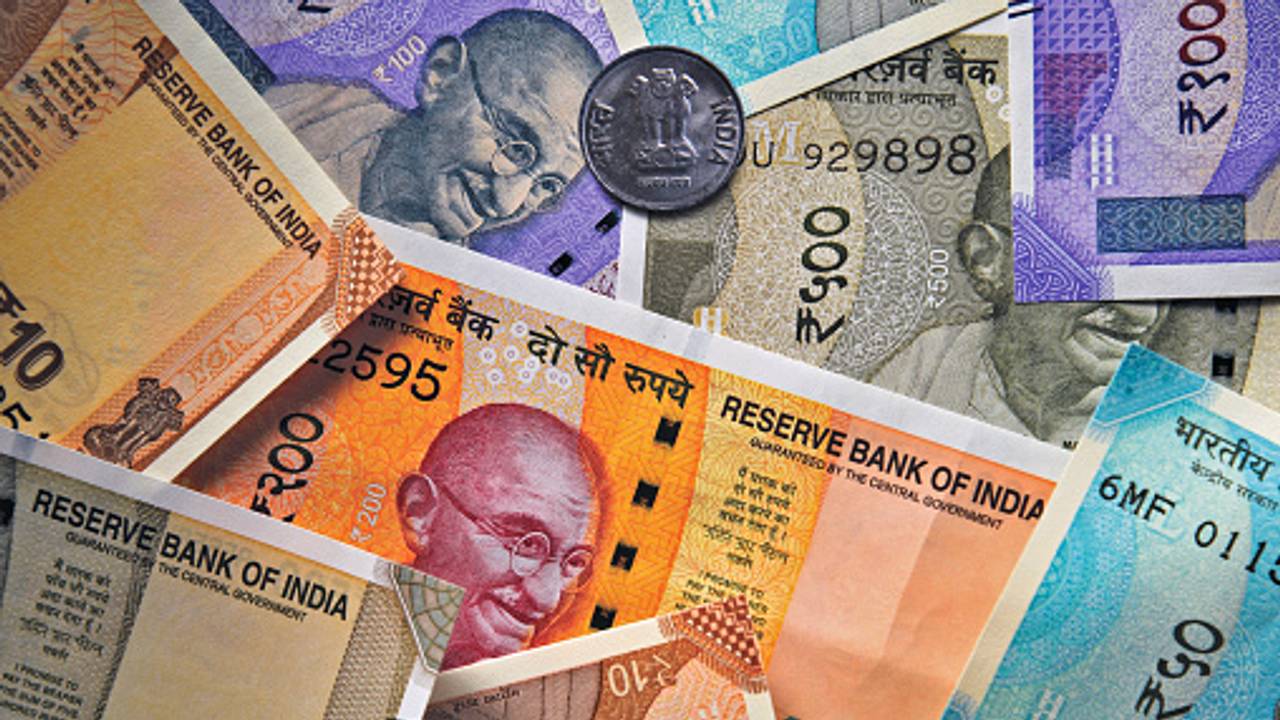Individuals must pay advance tax in instalments if their total tax liability for the year surpasses Rs 10,000 after TDS/TCS deductions, regardless of income level.
With the December 15, 2025, deadline for the third instalment of advance tax around the corner, many salaried and self-employed individuals are wondering do I really need to pay advance tax if my income is below Rs 12 lakh? The answer depends not on how much you earn, but on how much tax you owe.
What Exactly Is Advance Tax?
Think of advance tax as paying your tax dues in parts instead of all at once at the end of the financial year. If your total tax liability after TDS and TCS deductions comes to more than Rs 10,000, you are required to pay advance tax no matter whether you have opted for the old or new tax regime.
By December 15, you are expected to have paid 75% of your total tax dues for the year (Assessment Year 2026–27). Missing this instalment could lead to interest penalties or even a notice from the Income Tax Department.
Who Should Pay And Who Doesn’t Have To
According to CA Shefali Mundra, Tax Expert at ClearTax, anyone be it an individual, HUF, firm, or company whose total tax payable for the year exceeds Rs 10,000 after accounting for TDS and TCS, must pay advance tax.
Common Mistakes People Make
Many taxpayers end up paying the wrong amount or missing deadlines due to avoidable errors. Some of the frequent slip-ups include:
- Ignoring the Rs 10,000 threshold and assuming advance tax applies only to high earners.
- Thinking all senior citizens are exempt, even when they have business or professional income.
- Forgetting about one-off incomes such as capital gains, ESOPs, or dividends that can push tax liability over the limit.
- Not paying 75% of the total liability by December 15, which can attract interest under Section 234C.
- Entering the wrong assessment year or head while using the online e-Pay Tax system, causing mismatched payments.
- Skipping a check of their AIS (Annual Information Statement) before paying, which can lead to underpayment.
Another tricky situation arises when employees change jobs mid-year. “Sometimes both employers give Form 16 with the standard deduction and basic exemption limit applied twice,” Mundra explains. “That makes it seem like more tax was deducted than actually paid, leaving the taxpayer short later.”
What Happens If You Miss The Deadline?
If you miss paying advance tax or pay less than required, you won’t face a flat fine but you will be charged interest.
Under Section 234C, interest of 1% per month is charged on the shortfall if instalments are missed or underpaid. If by the end of the financial year, your total advance tax payments are less than 90% of your total tax liability, you will also face interest under Section 234B, again at 1% per month.
However, there’s some relief. If you earn an unexpected income after an instalment date — say, from a property sale or capital gains — you can pay the corresponding tax in the next instalment or by March 31, without facing any penalty, as long as you pay within the allowed timeframe.
